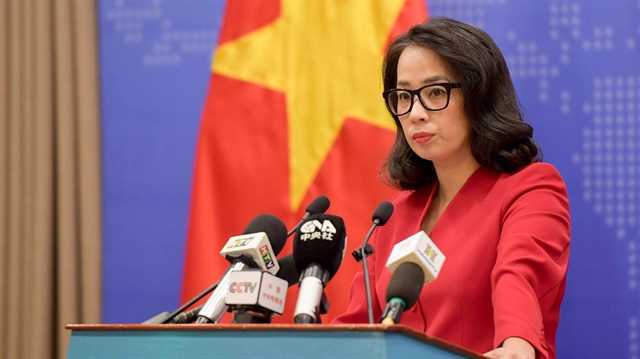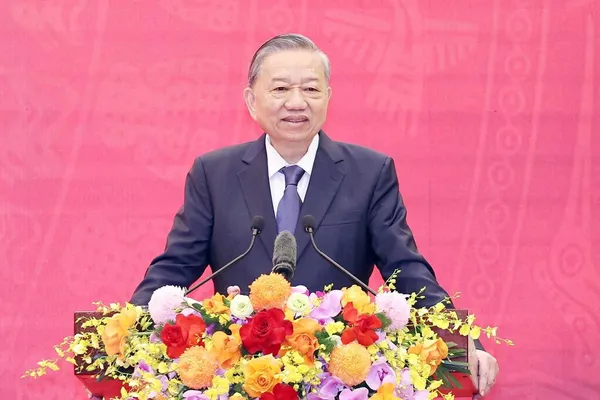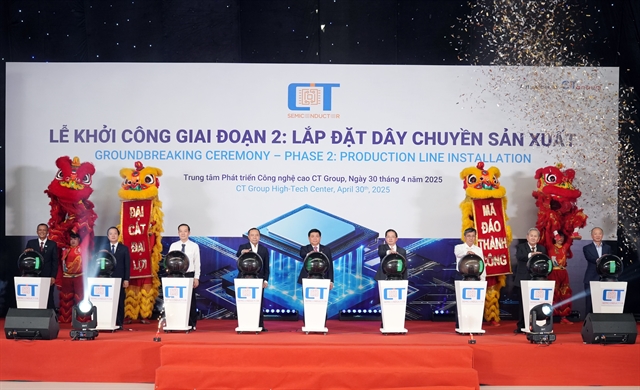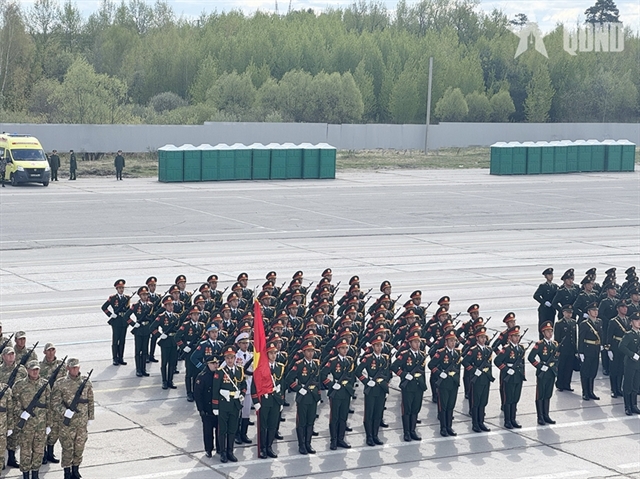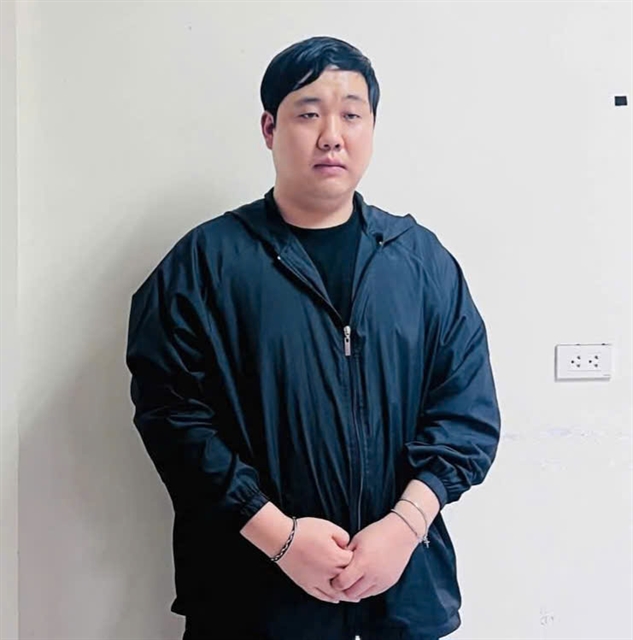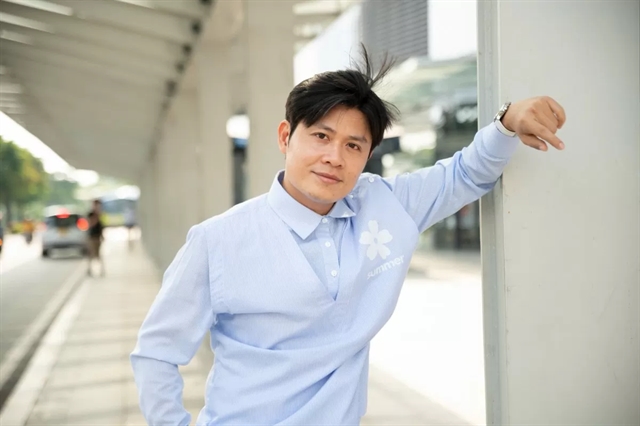

A lack of clear and transparent regulations relating to autonomy for public hospitals is hindering the efficiency of their operation, a senior expert said.
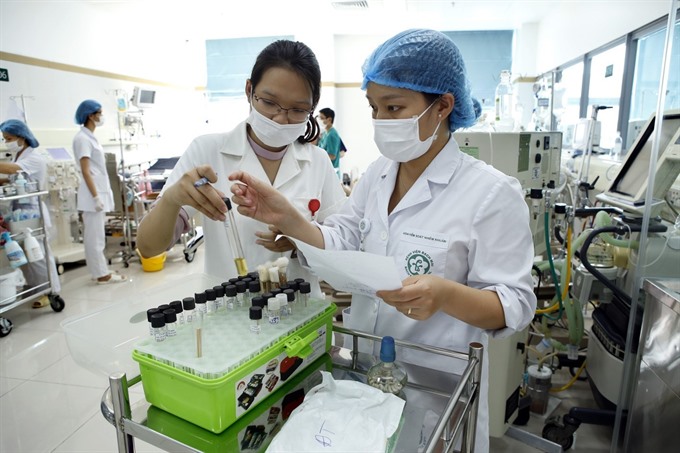 |
| Doctors take urine samples at Hà Nội’s Bạch Mai Hospital, one of the first financially independent public medical facilities in Việt Nam. — VNA/VNS Photo Dương Ngọc |
HÀ NỘI — A lack of clear and transparent regulations relating to autonomy for public hospitals is hindering the efficiency of their operation, a senior expert said.
Đoàn Xuân Tiên, Deputy Auditor General of the State Audit of Vietnam, made the statement at a workshop entitled Autonomy mechanism to public hospitals and the role of the State Audit of Vietnam (SAV) held in Hà Nội on Saturday.
He said the dearth of regulations meant hospitals still relied on the State budget and could not cover their expenses or find funds to invest in equipment and other facilities to improve health care services.
According to Nguyễn Nam Liên, director of the Planning and Finance Department under the Ministry of Health (MoH), as many as 160 public hospitals independently controlled their regular expenditures by the end of last year.
Another 1,364 hospitals with partial financial autonomy could control between 80 and 90 per cent of their regular expenditures.
Nguyễn Trường Sơn, Deputy Minister of Health, said positive results had been recorded in providing autonomy to a number of health facilities.
Autonomy helps reduce State spending, while the quality of health care services is improved, meeting patients’ demand, according to the official. Most public hospitals have been proactive in mobilising private investment to upgrade their medical equipment.
Statistics from the ministry showed that State expenditure for the health sector decreased over the past three years. The State budget allocation for hospitals in 2018 was VNĐ3.9 trillion (US$137 million) lower than in the previous year.
While applauding the increasing number of hospitals with budget autonomy, Liên also pointed out shortcomings which need to be solved.
In accordance with the Law on the management and use of State Assets and Government Decree No 151, if public hospitals want to purchase medical equipment or facilities, they have to join with investors and undertake procedures like a business. This was not appropriate, he said, adding that many health facilities seek upgrades to improve care, not to increase revenue.
Regarding the results of SAV inspections at public hospitals, Chief Auditor from the SAV Lê Đình Thăng said there was a pattern of hospitals collecting more than the allowed amount of money and abusing high-tech medical services and medicine. These incidents worsen the financial burden on poor patients and uninsured people and reduce their access to care.
According to Thăng, a number of centrally run hospitals are expanding in-demand health care services to collect more fees. Many of the services could and should be conducted at the provincial or district level to improve funding for these lower level hospitals.
Nguyễn Trọng Khoa, deputy head of the Medical Examination and Treatment Department under the MoH, said a number of problems had been revealed during the Việt Nam Social Insurance and the MoH’s joint examination of health insurance and treatment.
A number of health facilities had intentionally prolonged patients’ treatment and unnecessarily prescribed expensive medicines, he said.
“We saw some doctors made five or six diagnoses in a medical record during an inspection at a hospital,” he was quoted by Kinh tế & Đô thị (Economic and Urban Affairs) newspaper as saying.
Khoa emphasised the need to improve the management capacity of hospitals to minimise problems relating to professional skills and financing.
To solve difficulties for autonomous hospitals, participants at the workshop agreed it was necessary to allow them to make independent decisions on buying equipment and medicine according to their demand to ensure efficiency. The building of regulations to avoid abusing treatments and medicines as well as assure reasonable prices was also a must.
Phạm Đình Cường, an economic expert, said hospitals should be clear on what they could do and what they could not do while exercising their right to autonomy.
Bùi Sỹ Lợi, Deputy Chairman of the National Assembly Committee on Social Affairs, suggested the Government complete mechanisms on financial autonomy for public hospitals to prevent negative effects on health care when the market economy is applied at hospitals.
He also called for increased State spending for health care to ensure sufficient investment in preventive care and health care at a grass-roots level. — VNS





